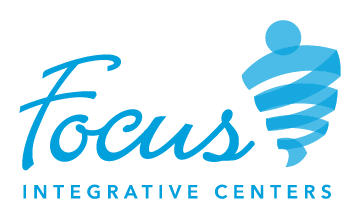Do you often have thoughts like, “I shouldn’t be eating this,“ or “I ate too much today, I need to eat less tomorrow.”? If so, you most likely have mentally restricted before. Mental restriction is exactly what it sounds like - putting limitations or shame around food you are eating in hopes to eat less.
Celebrating National Nutrition Month
March is National Nutrition Month! National Nutrition Month (NNM) is a campaign that invites everyone to develop healthy eating habits. But, what does “healthy” mean? This word can be a trigger to some who struggle with an eating disorder. It can also mean so many different things to different people. In the eating disorder recovery community, “healthy” means “balanced”.
Focus on Health, Not Diets This New Year
As the new year approaches, it’s always easy to get sucked-in to the newest fad diet claims. The diet industry ramps up this time of year knowing many people gained some weight over the holidays and will be setting new year’s resolutions to lose it. It’s not surprising that weight loss becomes a focus, as our society is very focused on body image and the numbers on a scale.
How to Navigate Holiday Parties in Eating Disorder Recovery
Holiday parties can be triggering for people who struggle with compulsive overeating or binge eating behaviors. These parties often have an abundance of foods, many of which might be “trigger foods” (foods that you may feel unsafe with because you tend to overeat or binge on that food, or foods that you emotionally eat for comfort).
Eating Disorder Awareness Week
This week is nationally recognized as eating disorder awareness week (February 25th– March 3rd, 2019). Eating disorders are biologically based mental illnesses that affect an estimated 30 million Americans of all ages, genders, socio-economic status, and ethnicities. Eating disorders are serious and life-threatening, and of all mental health illnesses, eating disorders have the highest mortality rate.
Types of eating disorders include clinical diagnosis: binge eating disorder, bulimia, anorexia, avoidant restrictive food intake disorder, as well as sub-clinical diagnosis: diabulimia, orthorexia, body dysmorphia, exercise addiction, and/or other related issues that impact normative food intake, exercise habits, and regulated body image.





